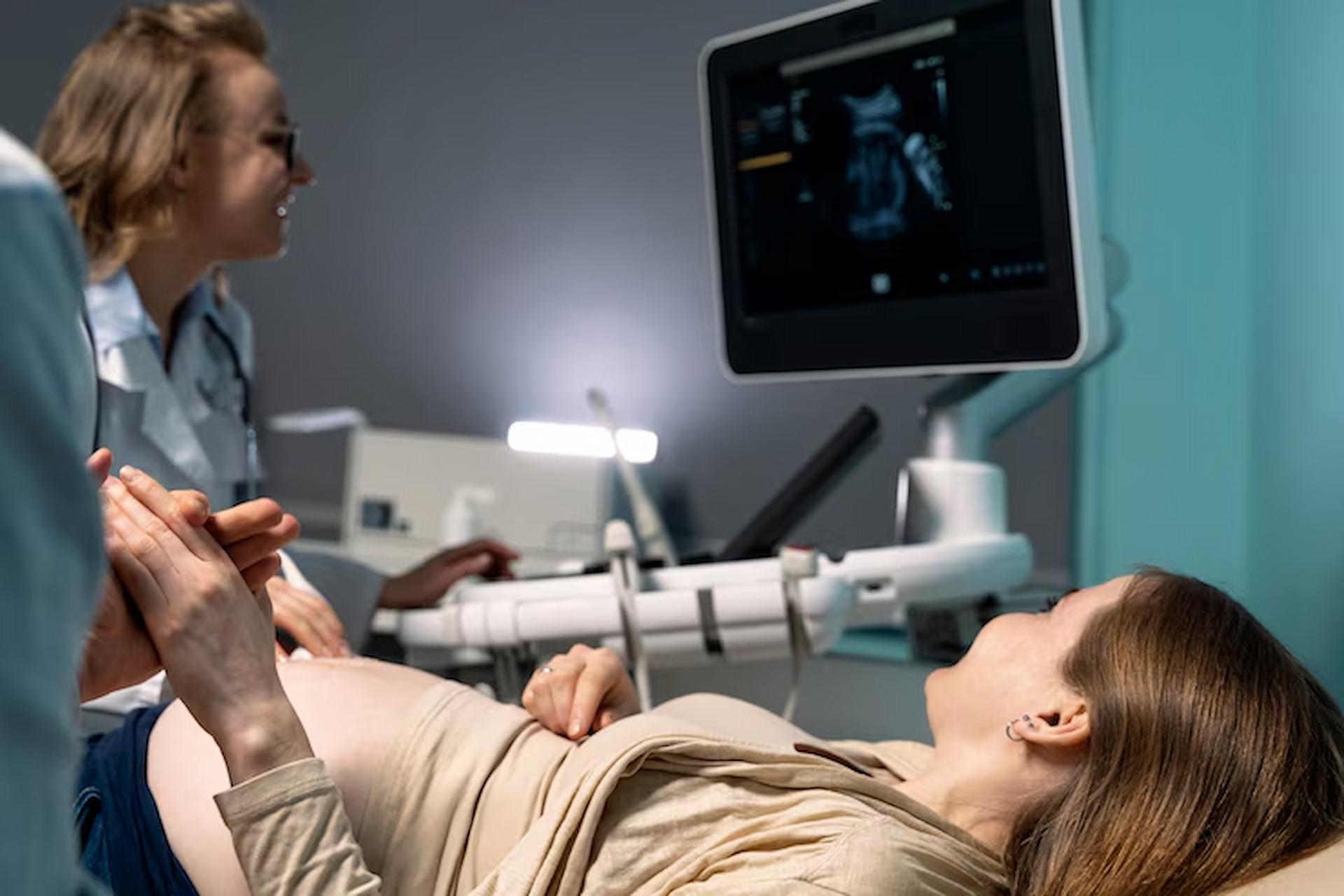Uncover the truth behind post-abortion pelvic scans. Are they really necessary? Dive into the key insights and make informed decisions with options consultation.
Pelvic scans, also known as ultrasounds, play a critical role in various stages of reproductive health. They help diagnose conditions, guide procedures, and ensure post-treatment recovery. After an abortion, the need for a pelvic scan can be a point of confusion and concern for many women. This comprehensive article aims to demystify the necessity and implications of post-abortion pelvic scans, providing key insights to help women make informed decisions. We’ll explore the medical guidelines, benefits, potential risks, and the importance of consulting healthcare professionals about available options. Whether you’re seeking clarity for yourself or supporting someone else, this article will serve as a valuable resource.
The Role of Pelvic Scans in Reproductive Health
Pelvic scans are instrumental in assessing and monitoring reproductive health. They are used to confirm pregnancy, determine its location (intrauterine or ectopic), estimate gestational age, and detect abnormalities. Post-abortion, pelvic scans can help ensure that the procedure is complete and that there are no remaining tissues or complications. This verification is crucial because incomplete abortions can lead to infections, heavy bleeding, or other serious health issues. Understanding the broad applications of pelvic scans underscores their importance in maintaining reproductive health and addressing potential complications early.
Medical Guidelines for Post-Abortion Care
Medical guidelines for post-abortion care vary depending on the method of abortion (medical or surgical) and individual health conditions. According to the World Health Organization (WHO) and various national health bodies, a follow-up pelvic scan may be recommended, particularly if the woman experiences unusual symptoms post-abortion. These symptoms can include excessive bleeding, severe pain, fever, or persistent pregnancy symptoms. The scan helps healthcare providers confirm that the abortion was complete and that there are no retained products of conception, which could lead to complications. However, routine scans may not be necessary for all women, especially in uncomplicated cases.
Benefits of Post-Abortion Pelvic Scans
Post-abortion pelvic scans offer several benefits. Primarily, they provide peace of mind by confirming that the abortion was complete and that there are no remaining tissues that could cause complications. This assurance is particularly valuable for women who experience anxiety about their health post-procedure. Additionally, pelvic scans can detect any immediate complications, such as infections or incomplete abortions, enabling prompt treatment. They also help in evaluating the condition of the uterus and ovaries, ensuring that no other underlying issues could affect future fertility or health.
Potential Risks and Considerations
While pelvic scans are generally safe, there are some risks and considerations to keep in mind. The procedure itself is non-invasive and typically does not cause discomfort. However, unnecessary scans can lead to anxiety and additional medical costs. There is also a risk of false positives, where the scan might suggest an issue that does not exist, leading to further unnecessary interventions. Therefore, it is essential to balance the benefits of post-abortion pelvic scans with these potential risks and consider individual circumstances and symptoms.
When Are Pelvic Scans Recommended?
Pelvic scans are recommended in certain post-abortion scenarios. If a woman experiences heavy or prolonged bleeding, severe abdominal pain, fever, or signs of infection, a pelvic scan becomes crucial. These symptoms could indicate incomplete abortion or other complications that need immediate attention. Additionally, if there were any abnormalities detected during the initial pregnancy scan or if the abortion was performed at a later gestational age, a follow-up scan might be necessary. Women with pre-existing health conditions or those who have had previous complications with pregnancy or abortion might also be advised to undergo a post-abortion pelvic scan.
Alternatives to Pelvic Scans
In some cases, pelvic scans might not be feasible or necessary, and other methods can be used to ensure post-abortion health. A thorough clinical examination by a healthcare provider can sometimes be sufficient to confirm that the abortion was complete. Blood tests to measure levels of human chorionic gonadotropin (hCG) can also be used; decreasing levels typically indicate that the pregnancy has been successfully terminated. These alternatives can be discussed during an options consultation with a healthcare provider, ensuring that each woman receives personalised care based on her circumstances.
The Importance of Options Consultation
Options consultation is a critical aspect of post-abortion care. It involves discussing the available methods and the necessity of follow-up procedures like pelvic scans with a healthcare provider. During this consultation, women can express their concerns, ask questions, and receive information tailored to their health needs. This personalised approach ensures that women make informed decisions about their post-abortion care, understanding the benefits and potential risks of each option. Healthcare providers can offer guidance based on medical guidelines, the specific details of the abortion procedure, and the woman’s overall health.
Empowering Women Through Information
Empowering women with accurate information is essential for their health and well-being. By understanding the role and necessity of post-abortion pelvic scans, women can make informed decisions about their care. Education on this topic helps to alleviate anxiety, dispel myths, and provide clarity on what to expect after an abortion. Access to reliable information and the support of healthcare professionals during options consultations ensures that women feel confident and secure in their health choices. This empowerment leads to better health outcomes and a more positive post-abortion experience.
Conclusion
The necessity of pelvic scans after an abortion depends on various factors, including the type of abortion, individual health conditions, and the presence of any symptoms post-procedure. While pelvic scans can provide reassurance and detect complications, they may not be necessary for all women. An options consultation with a healthcare provider is crucial in making an informed decision about post-abortion care. By understanding the benefits, risks, and alternatives to pelvic scans, women can take control of their reproductive health and ensure a safe and healthy recovery.






The post contained some truly mind-blowing insights! I’m impressed! I never really considered the necessity of pelvic scans post-abortion until now. It’s intriguing to learn about the key insights regarding this matter. I believe it’s crucial for healthcare providers to thoroughly educate patients on the need for pelvic scans after abortion, ensuring their physical well-being post-procedure. Understanding the reasons behind such recommendations can alleviate any concerns patients may have. Thank you for shedding light on this topic and providing valuable insights. Excited for more educational posts such as this in the days to come. Thank you again!